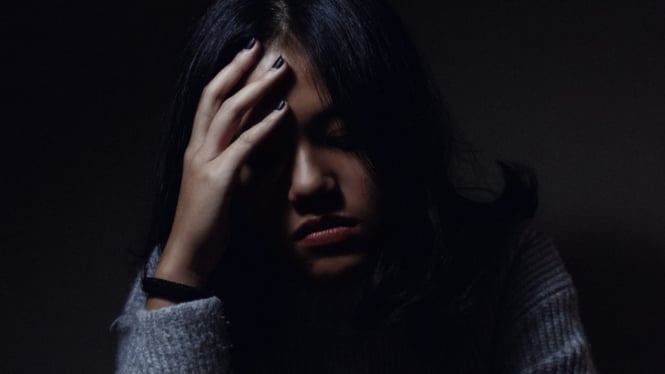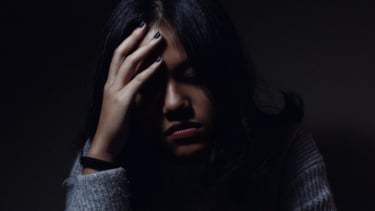Blue Monday, the Saddest and Most Stressful Day in a Year
- Unsplash/Anh Nguyen
VIVA – Blue Monday is a term for the most annoying Monday of the year. As reported by National Today, Blue Monday is also associated with the saddest day of the year. The term first started from a description made by psychologist Cliff Arnall, when he mentioned that the third Monday in January was the most stressful day of the year.
It is known Blue Monday was first celebrated on January 24, 2005. Previously, Arnall’s calculation has been roundly rejected by the scientific and academic community.
"The winter blues are a natural response to the Christmas break and festivities ending, but pathologizing such normal feelings into some form of 'acute depression' like Blue Monday is wrong," said Craig Jackson, a professor of occupational health psychology at Birmingham City University in England, as quoted from Live Science site.
"The ethics are questionable at best. There is no credible research evidence to show that Blue Monday is more depressing than any other day or even the most depressing day of the year," he explained.
Ilustrasi pria bersedih.
- U-Report
Signs of public health, such as mortality, sickness absence, psychiatric morbidity, and even estimates of suicidal deaths or attempts show no increase on or around the third Monday of January each year compared with other days in January, Jackson said.
“The only way this date can be seen as more depressing than others is due to the mainstream media telling people it is Blue Monday and so a self-fulfilling prophecy effect may happen. People need to know this is not a scientific fact,” he added.
Blue Monday should be considered nothing more than a public relations stunt gone rogue.
However, Jackson did note that the winter months can play a role in catalyzing or elevating feelings of depression and anxiety. Seasonal affective disorder (SAD), sometimes referred to as "winter depression," is a phenomenon that affects 1% to 10% of people, depending on the survey, according to a 2015 review in the journal The Physician and Sports medicine.
"Put simply, SAD is a form of depression, with symptoms ranging from mild to major, occurring mostly during winter months, that can be caused or exacerbated by a lack of natural daylight as well as social reasons such as reduced activity and leisure time due to shorter and colder days," Jackson said.
He also suggested that there may be a link between levels of illness and reduced activity that could contribute to rates of depression during the winter. A 2022 article published in The Journal of Allergy and Clinical Immunology found that cold weather can lower immunity and make people more susceptible to viruses.

























